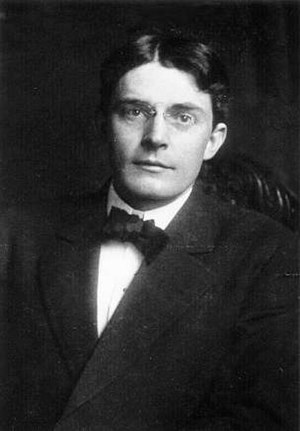Introduction to Psychology 1/IPSY102/Operant conditioning and observational learning/Overview
From WikiEducator
| “ | Give me a dozen healthy infants, well-formed, and my own specified world to bring them up in and I'll guarantee to take any one at random and train him to become any type of specialist I might select--doctor, lawyer, artist, merchant-chief, and, yes, even beggarman and thief, regardless of his talents, penchants, tendencies, abilities, vocations, and race of his ancestors. I am going beyond my facts and I admit it, but so have the advocates of the contrary and they have been doing it for many thousands of years. | ” |
| —John B. Watson | ||
If you have a dog, think about how you train it to follow your commands, or if it does something wrong, how do you attempt to correct its behaviour? The principles that you are naively applying come from a form of learning known as operant conditioning. In this pathway you will learn about operant conditioning along with observational learning: two forms of learning that are not based on associations. As you make your way through this pathway, consider how you might apply these principles to serve your own goals, such as exercising more and leading a healthier life.


